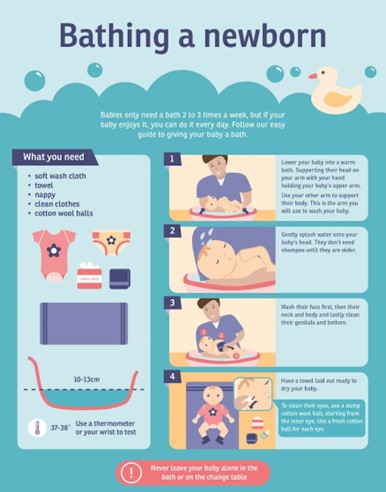A nurse is caring for a client who has been admitted to the mental health unit. While reinforcing teaching about the client's prescribed medications, the nurse communicates truthfully about the adverse effects of the medications. Which of the following ethical concepts is the nurse exhibiting?
Beneficence
Veracity
Justice
Autonomy
The Correct Answer is B
Veracity refers to the ethical principle of truthfulness and honesty in communication. By communicating truthfully about the adverse effects of the client's prescribed medications, the nurse is practising veracity. This means providing accurate and complete information to the client, enabling them to make informed decisions about their healthcare.
Beneficence refers to the obligation of healthcare professionals to act in the best interests of the client and promote their well-being. While the nurse's actions may align with beneficence by providing information about medication adverse effects, it is specifically veracity that is demonstrated in this scenario.
Justice pertains to fairness and equal treatment. Although important in healthcare, it is not directly related to the nurse's communication of adverse effects.
Autonomy refers to respecting and supporting the client's right to make their own decisions about their care. While the nurse's truthful communication about adverse effects supports the client's autonomy, it is the concept of veracity that specifically addresses honesty and truthfulness in communication.
Nursing Test Bank
Naxlex Comprehensive Predictor Exams
Related Questions
Correct Answer is A
Explanation
a. Location of the identification tag on the client's body: This is essential information that should be included in the documentation. It ensures that the deceased person is properly identified and helps prevent any mix-ups during subsequent processes, such as transferring the body to the morgue or a funeral home.
b-While this information is important, it's typically documented by the physician on the death certificate and is not generally part of the nurse's postmortem documentation.
c-The last set of vital signs is not usually required for postmortem documentation. Postmortem documentation focuses on the condition of the body and identification rather than the final vital signs, which are often irrelevant after death.
d-Advance directives should be reviewed before death and guide the care provided, but they are not part of postmortem documentation. A copy of the client's advance directives may also be included in their medical record but is not typically included in postmortem documentation.
Correct Answer is C
Explanation
Sponge baths are recommended until the umbilical cord stump falls off, which typically occurs within the first two weeks of life. After that, the baby can be immersed in water for a regular bath. Using talcum powder is not recommended as it can be harmful to the baby's respiratory system if inhaled. Mild, pH-balanced soap should be used instead of alkaline soap to avoid irritating the baby's delicate skin. The bathwater temperature should be around 98 degrees Fahrenheit and not hoter than 100 degrees Fahrenheit to prevent burns.

Whether you are a student looking to ace your exams or a practicing nurse seeking to enhance your expertise , our nursing education contents will empower you with the confidence and competence to make a difference in the lives of patients and become a respected leader in the healthcare field.
Visit Naxlex, invest in your future and unlock endless possibilities with our unparalleled nursing education contents today
Report Wrong Answer on the Current Question
Do you disagree with the answer? If yes, what is your expected answer? Explain.
Kindly be descriptive with the issue you are facing.
